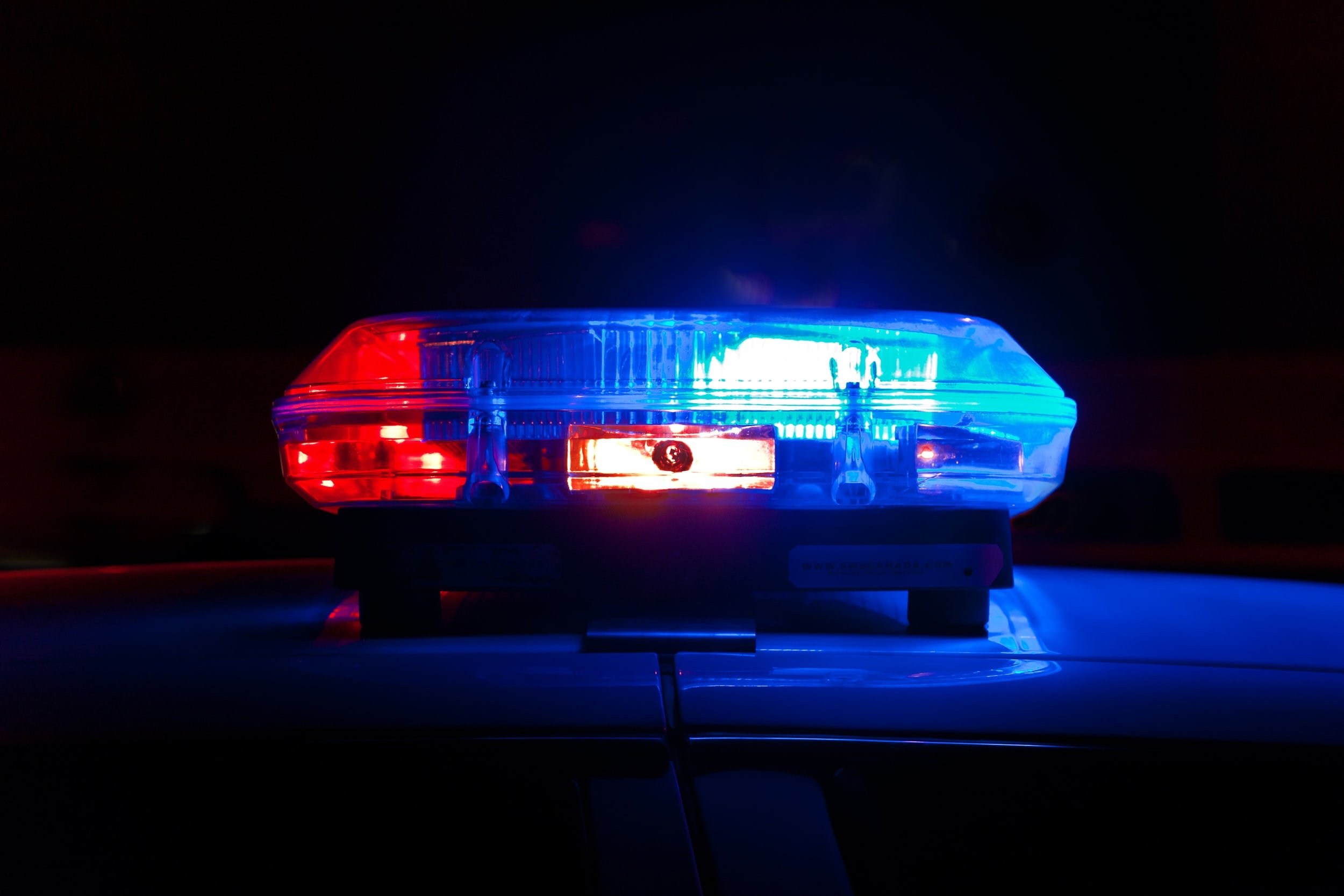
Failing to Stop or Report an Accident
Get The Best Defence With Our Award-Winning Solicitors
"The best criminal solicitors in London.. the prosecution dropped all the charges!"
Prosecuted for failing to stop or report an accident? When keeping your licence could mean keeping your livelihood make sure you have the best possible representation both in and outside court.
If you have been arrested or charged with the offences discussed below, it’s vital to get expert legal re[resentation as soon as possible.
Failing to Stop at the Scene of an Accident
It is an offence under Section 170 Road Traffic Act 1988 to fail to stop at the scene of an accident
Where an accident has taken place and either damage or personal injury has been caused, then the driver of the vehicle is under a duty to remain at the scene of the accident and to provide their name and address.
Additionally, they also need to provide the name and address of the owner and the identification marks of the vehicle. This may be if required to do so by any person having reasonable grounds.
Failing To Report An Accident
If you have not stopped and exchanged details, failure to report an accident is an offence under Section 170 Road Traffic Act 1988
There is also an additional obligation that even if you do stop but either your details have not been requested or it is not practicable for you to exchange details i.e. there is no one else at the scene, you are required to report an accident at a police station as soon as is practical and, at the very latest, within 24 hours of the incident.
Defences
Often we find that both offences can be successfully defended in court. You would have a defence if you: –
Were not driving at the time of the accident;
Were not driving on a public road or in a public place when the accident occurred;
You could demonstrate that you had stopped at the time of the accident and exchanged details and if not, you had reported the incident as soon as practical;
You had no knowledge that an accident had occurred.
The most common defence used is that the driver was unaware that an accident had occurred.
Obligation to Report
If you were not aware that an accident had occurred but you become aware of the incident within 24 hours of it taking place, you are still required to report it in the same way as you would have done had you known at the time.
Proof of Damage or Injury
The prosecution must prove, beyond reasonable doubt, that injury or damage was caused. If there was no damage or injury, no duty arises upon the driver to stop and/or report so you can’t be found guilty of failure to do so.
If damage is shown, the burden passes to the driver to show, on the balance of probabilities, that they had no knowledge that there had been an accident.
Whether this is successful will depend on the severity of the impact involved and the amount of damage.
The higher the impact and the more damage caused, the more unlikely this defence becomes. It is increasingly difficult to demonstrate that the driver might not have known that an accident had happened.
Penalties (Revised 2017)
Road Traffic Act 1988, s.170(4)
The level of service they provide is uncommonly good
— A M
The best criminal law solicitors in London... the prosecution dropped all the charges!
— L F
My experience with Berkeley Square Solicitors was fantastic. My case was resolved with in a week.
— K H
My experience with the Berkeley Square Solicitors was amazing. They successfully closed my case with my best interests in mind.
— J S
We did a few call enquires, and knew instantly when we spoke to BSQ that we could trust them to get the best outcome. We are very pleased with the outcome.
— L F
One of the best professional lawyers I have ever met. He handled my case very well and the case was dropped, i would highly recommend.
— D I
